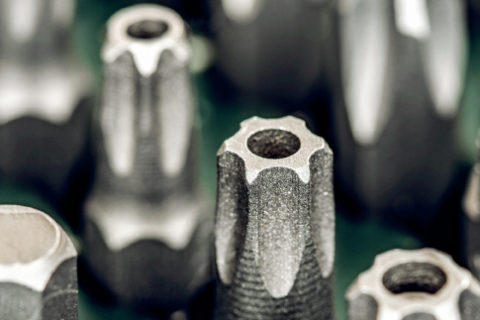Mark Earls
Now days, all of us live in the cultural wake of the Apollo moon landings. I am – just about – old enough to remember the experience of watching the adventure unfold on a tiny, grainy, black-and-white TV screen. It was hard then, just as its hard now, not to feel that the answer to even our greatest challenges must be technologically, or at least scientifically, shaped – particularly as everyone else seems to think so, too.
Science and technology still seem like a special kind of modern magic. Even though most of us struggle to “do the math” (as our North American friends say) or explain the mechanisms that lie beneath, most of us find ourselves defaulting to technology and ‘sciency’ stuff. “Technology will save us” is the modern equivalent of the “white heat of technology” that UK Prime Minister Harold Wilson invoked to promise his electorate a brighter, better future way back in the 1960s.
Marketing and insights professionals have really gone to town on science and technology in recent years: we’ve got the white coats in from neuroscience to help us point to the bits of the brain that, if they light up, allegedly predict an individual’s buying behaviour; we’ve got the number crunchers in their droves to do all manner of clever analyses on our behalf; and, of course, wherever possible, we’ve moved everything we can online or onto hand-held devices.
A good thing (generally)
Let’s be clear: I think this is, generally speaking, a good thing. The insights we’ve got from cognitive neuroscience have been essential in building out from models of behaviour rooted in mid-century psychology and classical economics. Digital technologies have revolutionised the way we do research and helped us see and hear conversations consumers have with each other which otherwise would have remained invisible and inaudible to us.
And who could argue against making more use of the data that consumers create – whether it’s old-fashioned transaction data or the newer kind of social media exhaust? Surely, being more data- and evidence-led is a good thing. Surely, suggesting we should be less data- or less evidence-led is a non-starter.
I worry, though, that we might just be falling a little too easily for the flash-bang magic of science and tech. NASA used a very clunky, very early version of the computer in the mobile phone in your pocket to send Aldrin and Armstrong to the moon. And back again. You see, you don’t always need the best. Sometimes, less is more. Sometimes, less tech used better is more powerful.
If you’re an ESOMAR member you can read the full article in MyESOMAR in the digital copy of Research World. If you are not a member of ESOMAR you can join and receive a free copy of Research World 6 times a year or alternatively you can sign up for a subscription of the magazine in our publications store.



1 comment
As with all things, I don’t think it’s necessarily less is more. It really comes done to using clean and well prepared data, analyzing it properly, and applying the right cautions and generalizations. Data is just data. It’s people who screw it up.